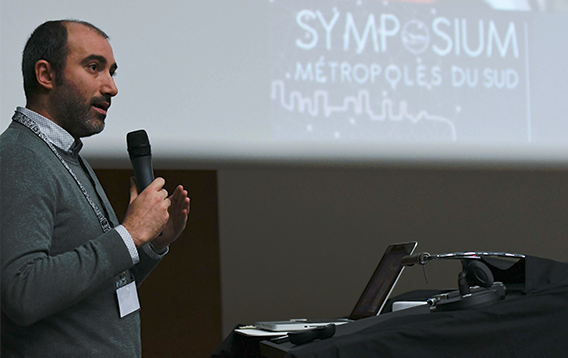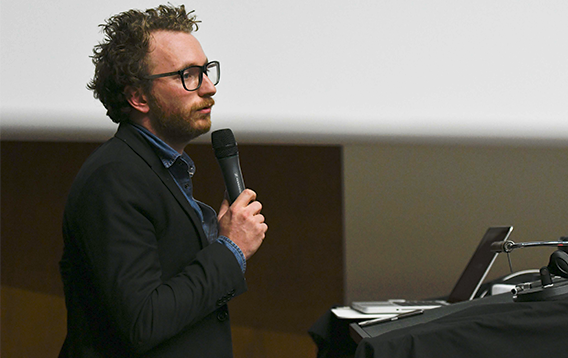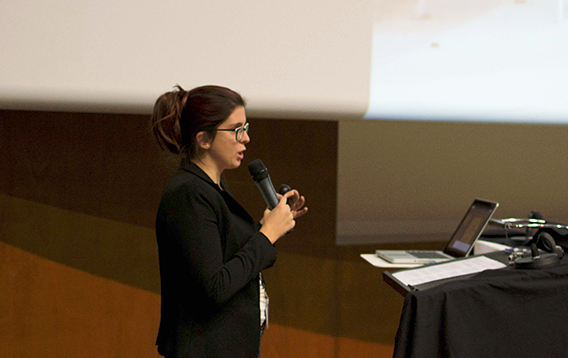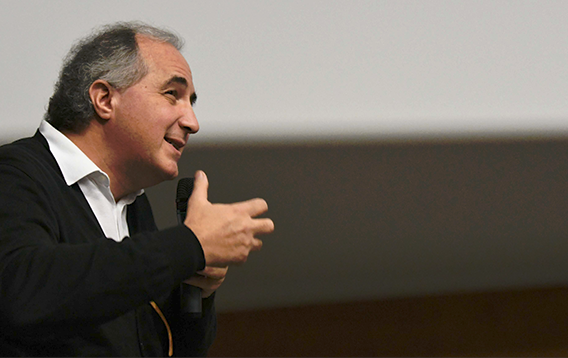
If you try to find on Google the theme of Smart City, you find on the first image a city that don’t exist…
If you try to find on Google the theme of Smart City, you find on the first image a city that don’t exist. The city that is similar to an idea of american city, but is not an american city, is a collection of the singular information, singular part of a big scheme: solar panel, offshore wind farm. For the policy on a regulation, the energies having seen the low current solution, the urban mobility. This is strategies for the city more me up for the problems that we have with the heritage in the city. That we have in Europe but don’t keep ours the dear how can use technology we have for built news cities. If we take, for example a society that make sensor, for them the cities are sensors, the news city are sensors, but sensor is all fantastic things, you can select, you can do things with the other things, you can have information and all together the same, don’t give an idea to how build the new city or how convert the city, how make this upgrade. It is the problem now, we have the technology, we have the data but we don’t know how to combine really these data and these information to process, in our method. In the law of the European Country these idea this is not only the solution, is not so clear. For the pollution sometimes, did you I put a sensorial of data pinching something is just good for see that, this, is smart, the building is smart, the city is smart. The possibility to know where we are each time, what can do this place, back make more connection with the selection with the possibility to build a new data, and select a new data. Other possibility is to make a research to be connected, be selected is changing all the typology of user, of the interface, of the data, and the things that are around us. We can build a new culture map of the Europe, a new culture map of our city, and new typology of selection with the personal selection this is a case for a museum in the place where Anne Frank in Amsterdam, but in the same case we can be our map, of our Europe, of our city our space that use. The city of tomorrow is a city where the smart city is not only smart; is sustainable, is mobility, is new food, is new quality, is the space where we are. And at the end, it is the idea that we can connect things, I would say, we can connect with people, we can connect with our information, we can connect with our products. Manuel Gausa invented the word of «resiligence», it is a combination between resilience and intelligence ; when intelligence is not only new technology but is new approach, is new possibility to comprise our territory. In general we study in the program how the city is possible find a new possibility of be «resiligence», in water ecosystem project, in the land use different, in process based in land, a social intelligence
by Nicola Canessa
UNIGE



